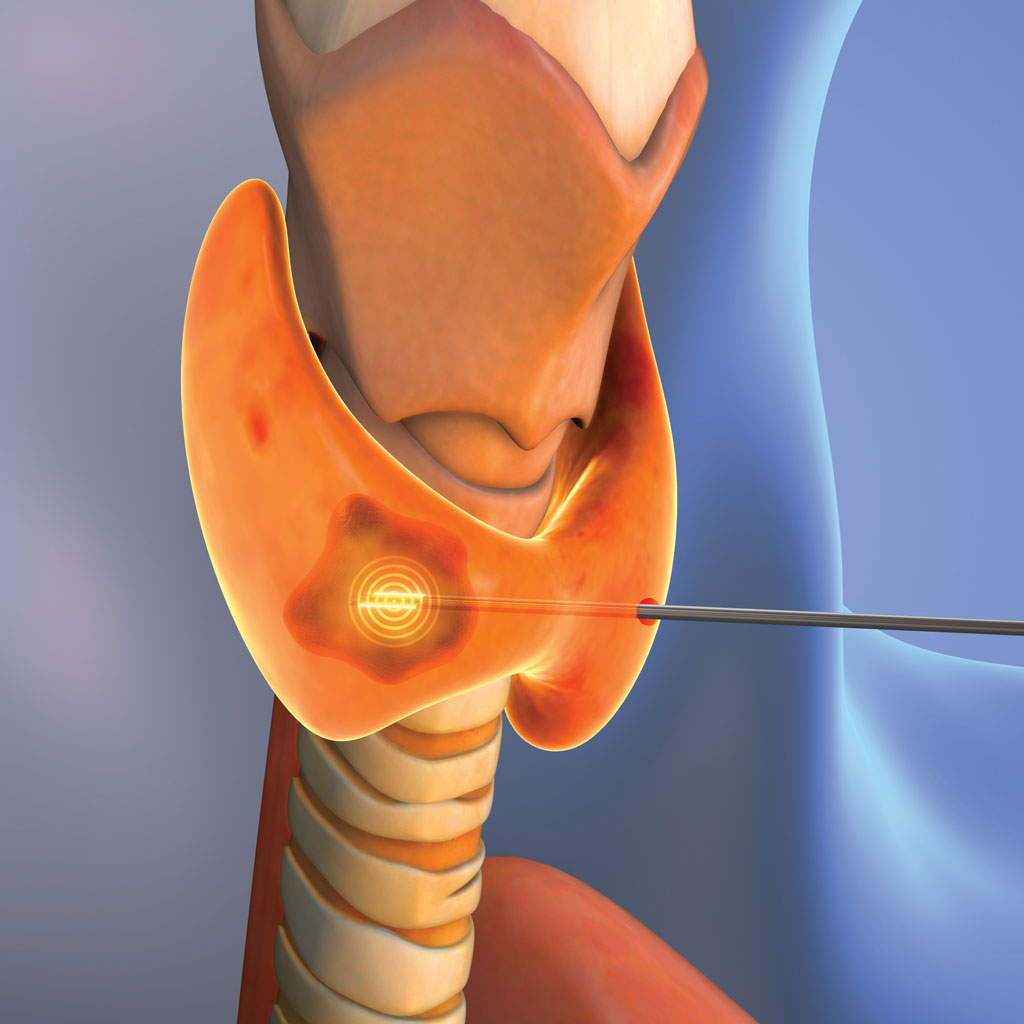If you’ve been diagnosed with thyroid nodules, you may have come across a minimally invasive treatment called thyroid radiofrequency ablation (RFA). While RFA has become a widely used procedure around the world, many patients in the U.S. are just starting to learn about it—and along with that come plenty of myths and misconceptions.
Myth 1: Thyroid Radiofrequency Ablation (RFA) is “Too New” or Experimental
Fact: Thyroid radiofrequency ablation is not experimental. STARmed pioneered thyroid RFA in 2002, and for over 20 years, the procedure has delivered proven results. Backed by more than 250 clinical studies worldwide and endorsed by leading organizations like the American Thyroid Association and the Korean Society of Thyroid Radiology, RFA has an established record of safety and effectiveness.
Myth 2: You Need Surgery to Treat Thyroid Nodules
Fact: Surgery is not the only option. While surgery may be necessary in certain cases, RFA offers a minimally invasive alternative for benign nodules. Unlike surgery, RFA does not require general anesthesia, a hospital stay, or removal of the thyroid gland.
Many patients choose RFA because they don’t want surgery. RFA offers distinct advantages:
- Preserves thyroid function: Avoids lifelong hormone replacement
- No scarring: Performed without large incisions
- Minimal downtime: Outpatient procedure, usually completed in about an hour
- High satisfaction: Studies consistently show patients prefer RFA over surgery
Myth 3: Thyroid RFA is Painful and Risky
Fact: Thyroid RFA is performed under local anesthesia, meaning you’ll be awake but comfortable. Most patients report minimal discomfort during and after the procedure. Since no incision is required, the risks are significantly lower than with surgery, and recovery is much faster.
Myth 4: RFA is Only for Cosmetic Concerns
Fact: While thyroid RFA can improve cosmetic issues caused by large nodules, it is also medically beneficial. Large nodules can cause difficulty swallowing, the feeling of choking, or pressure in the neck. RFA helps shrink nodules by 40–80% within the first year, reducing both symptoms and appearance.
Myth 5: Results Don’t Last Long
Fact: Studies show that thyroid RFA provides long-lasting results. Most patients experience continued shrinkage of their nodules for months after the procedure. Follow-up imaging helps monitor progress, and in some cases, a second session may further improve results. Many patients enjoy years of relief without the need for surgery.
If you’re considering RFA, contact North Star Vascular & Interventional to schedule a consultation to see if RFA is right for you.
